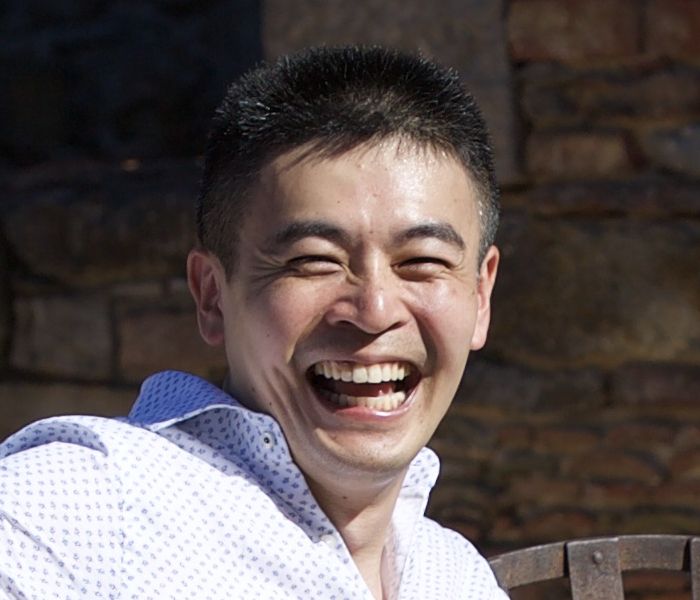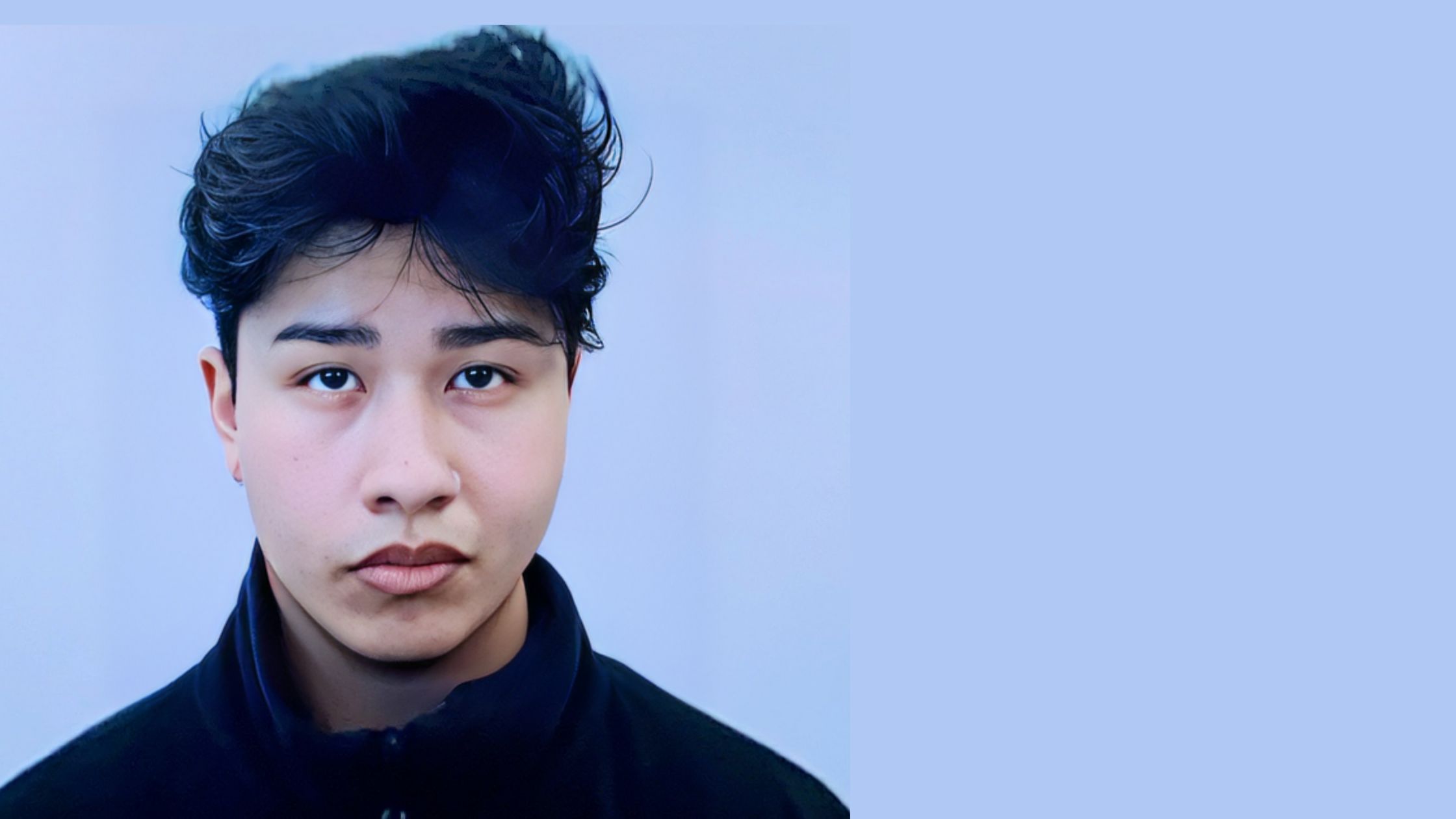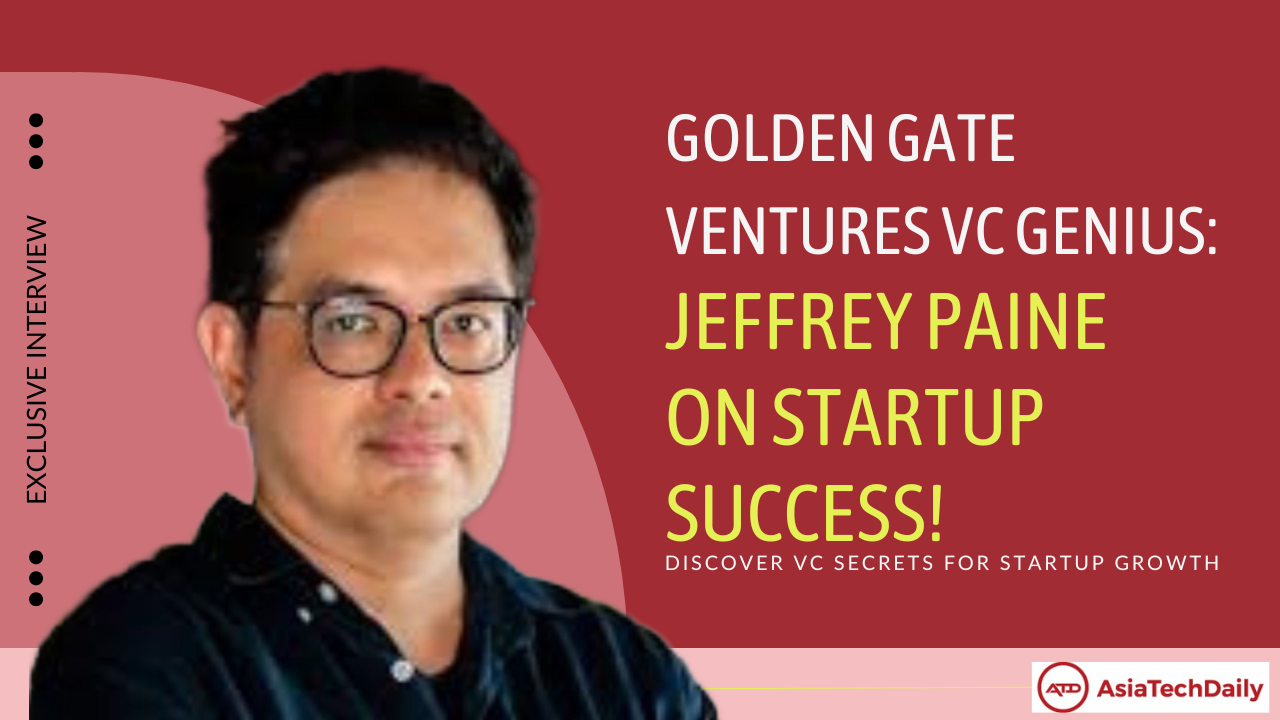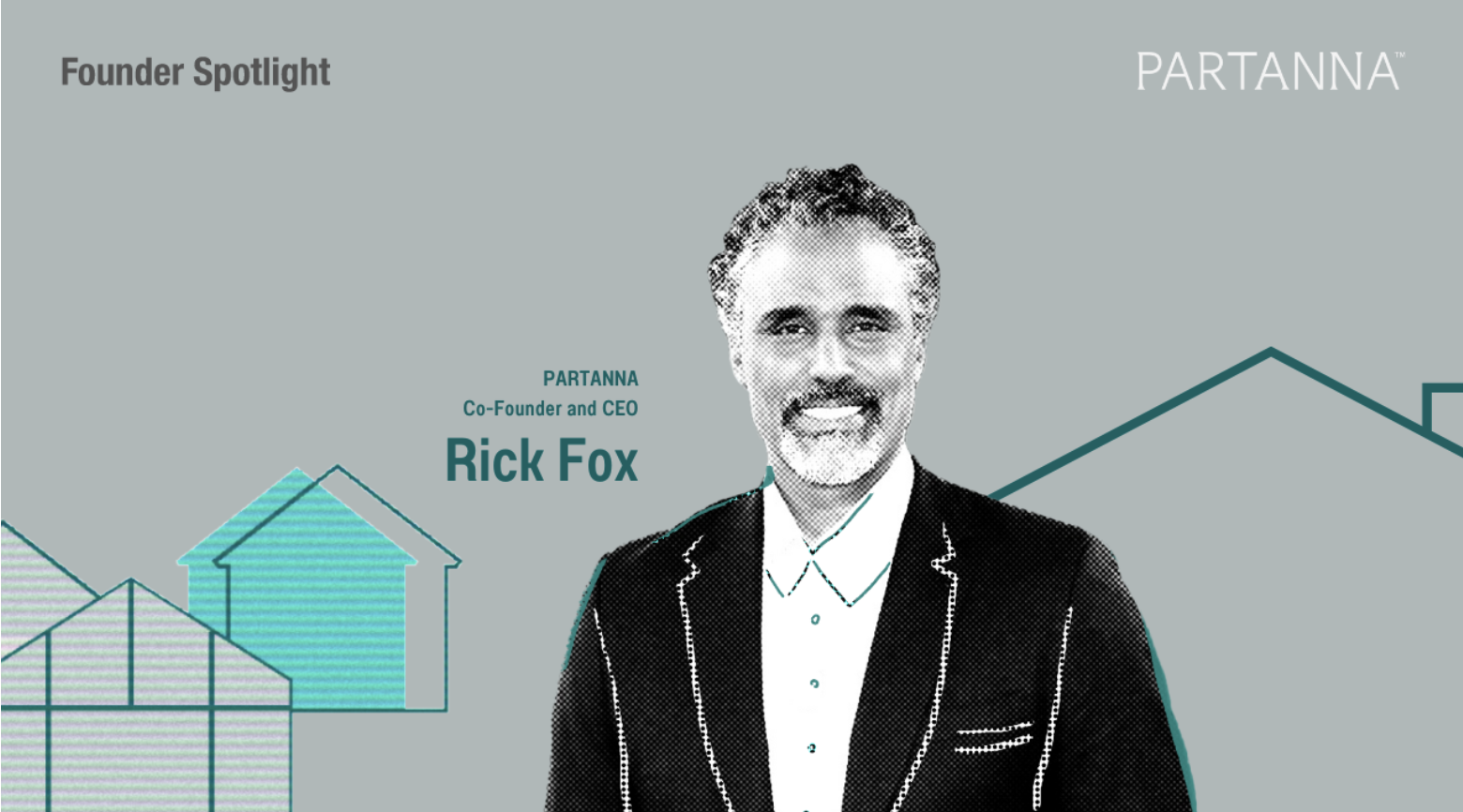AsiaTechDaily – Asia's Leading Tech and Startup Media Platform

Angelo Huang- Co-Founder And CEO Of BlaBla EdTech- No.1 Online Platform to Learn English Through Videos
Angelo Huang, the co-founder & CEO of BlaBla EdTech, started his career at Yahoo in 2010 and launched several products. In 2015, he began LeadIQ and successfully built the company to 4.5 million USD ARR and raised 3.2 million from top Silicon Vally VCs. He exited the company in 2020.
BlaBla is a unique online education platform that connects worldwide native English speakers with Chinese young adults (typically aged between 12-35) through online videos. The company recognizes the fragmented characteristic of language learning. Unlike traditional online tutoring, BlaBla empowers teachers (native English speakers) to create engaging video content for users to learn at their own pace online. The company’s mission is to foster a more convenient, lifelike, and creative educational experience for both teachers and learners. Founded in 2019, the company has established offices and R&D centers in Shanghai, Suzhou, and Silicon Valley. The company adheres to the belief that users’ motivation to learn is what determines the ultimate learning outcome.
BlaBla aims to deliver an experience similar to that of a full immersion language program that assists learners in building a native or bilingual language proficiency. The company continues to develop outstanding products with features such as speech recognition, scene recognition, user interest profile, and recommendation system using Artificial Intelligence and Machine Learning technology. BlaBla believes that AI and machine learning will continue to be the core of quality educational experiences.
Angelo Huang has a Master in Computer Science from the University of Southern California. You can find him on WeChat: angelokh.
In an exclusive interview with AsiaTechDaily, Angelo says:
Launching the product as fast as possible would be my advice to my younger self. I waited too long to launch my first product 10 years ago. I would not do it again.
I would strongly recommend launching the product as early as possible. You don’t want to start a half-baked product, but you don’t want to over-engineer either. Instead, you want to continuously launch your product. Once you have an MVP or a very early version of your product, launching through different channels will allow you to practice your pitch and you can refine it. You can A/B test it and see how people respond to that early version of the product. Launching to different channels will help you determine whether you’re talking to the right users.
Read on to know more about Angelo Huang and his journey.
Please tell me about your personal background, and what are you working on currently?
Angelo Huang: I have a Master in Computer Science from the University of Southern California. I joined the Yahoo Hadoop team in 2010 and launched several products. In 2015, I started LeadIQ and successfully built the company to 4.5 million USD ARR and raised 3.2 million from top Silicon Vally VCs. I exited the company in 2020.
In 2019, I co-founded BlaBla EdTech. We provide ESL teachers to create quality content and ESL learners to learn from native speakers via short videos at a low cost.
How have you attracted users and grown your product from the start till now?
Angelo Huang: Teachers will be sharing videos on social media platforms such as Douyin and Kuaishou to generate the best views and expose our brand to increase downloads. Online meetups will be organized by teachers to interact with users and carry out Q&A. To let users ask questions and interact with their favorite teachers. We started beta testing in Jan 2020, and users are engaging. Without incurring any marketing expenses, our growth rate is 20-30%.
What’s your business model, and how have you grown your revenue? What strategy worked best?
Angelo Huang: Teachers are seen and encouraged as entrepreneurs with the opportunity to increase earning by selling their video courses to students. A set of video courses can be sold between $20 to $100. Revenue is split between the teachers and the company. Teachers receive 40% off each sale.
What are some marketing tips to help maximize the success of a product launch?
Angelo Huang: It is essential to build authentic relationships with your users early on. So they can endorse the product publicly. Before launching, we have leveraged our content and published it on social media to gain first impressions from early adopters. When the product launched, we invite them to a private group so we can acquire their feedback firsthand.
What’s the hardest thing about product launches? And What is a good product launch checklist to be well prepared?
Angelo Huang: I would strongly recommend launching the product as early as possible. You don’t want to start a half-baked product, but you don’t want to over-engineer either. Instead, you want to continuously launch your product. Once you have an MVP or a very early version of your product, launching through different channels will allow you to practice your pitch and you can refine it. You can A/B test it and see how people respond to that early version of the product. Launching to different channels will help you determine whether you’re talking to the right users. I would recommend everyone to watch YCombinator’s How to begin.
How do you plan to expand globally?
Angelo Huang: Our first target audience is Chinese users, and we plan to expand to Korea, which is the 2nd largest ESL online education market in the world in 2021. Our teachers are from many different countries. To expand globally for ESL users, we plan to work with local ESL schools and online education centers and hire a local team to adjust the content strategy for different audiences in different countries.
What are the most common mistakes companies make with global marketing?
Angelo Huang: Global expansion usually works well for products that have standards through different cultures. For example, cars work the same in the US or China. But a language learning product like ours will require to customize UI for learner’s native language so they can successfully learn a new language without worrying about technical issues that are not relevant to their learning. So each company needs to spend more time understanding their target market and give the decision power to local teams to adjust product and marketing strategy according to local users’ needs.
How do you handle this COVID-19 outbreak situation for your company’s survival in the future?
Angelo Huang: Many great companies survived through the 2008 financial crisis or the 2000 Internet bubble. Therefore, we take this opportunity to focus on creating value for the users. The best 2 companies I know who survived through a market downturn and thrived later are Tesla and SpaceX. Both companies are incredibly costly to operate, but their management team successfully leveraged their technology and employees to make products people love. In any bad situation, there are always opportunities. We believe that our team is well prepared to handle this crisis and have a plan of attack to continue to perfect our product and make our users happy.
What’s the best advice you’ve ever received? And What advice do you have for someone who is interested in doing similar things like yours or in a similar direction?
Angelo Huang: We are very lucky to join the Creative Destruction Lab in Vancouver. During this program, we received much help from their mentors. They taught us the importance of financial projection, business model, and offered many product suggestions. My best advice for anyone interested in working on the EdTech industry is to focus on content. You have to find your unique advantage to acquire content that other companies can’t easily duplicate.
What are the one or two things that you would do differently if you could go back to 10 years ago?
Angelo Huang: Launching the product as fast as possible would be my advice to my younger self. I waited too long to launch my first product 10 years ago. I would not do it again.
You can follow Angelo Huang here.
Are you looking to secure investment for your startup or a keen startup enthusiast, keep an eye on our interview section.
Follow Asia Tech Daily to know about the innovative startups and how they are revolutionizing the ecosystem.





